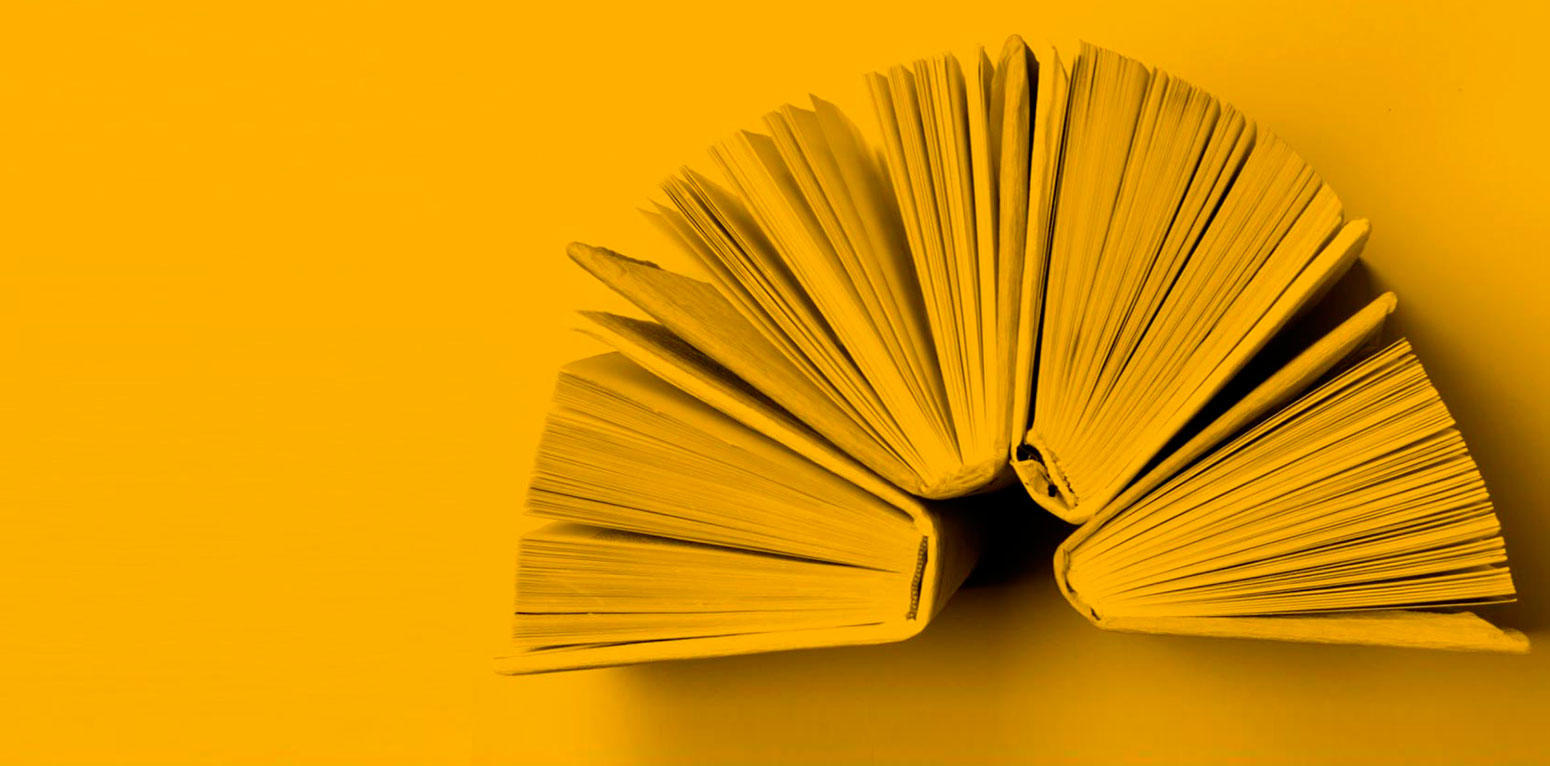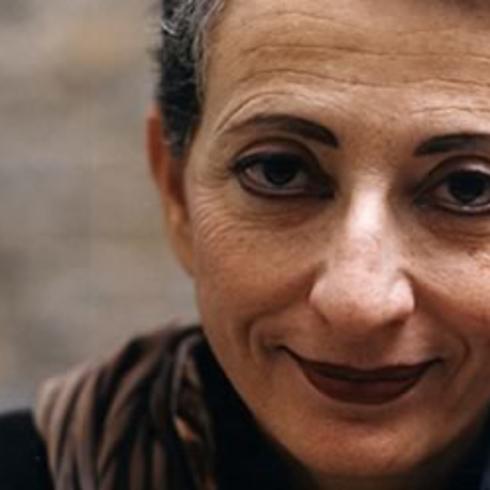
" Abstracts et brèves chroniques du temps "
- Nominated for : The Literary Prize 2013
Born in 1937 in Oran, Hélène Cixous is a professor, poet, philosopher, literary critic and writer. She first became known with her essay L'exile de James Joyce ou l'art du replacement (1968) followed by an autobiographical novel, Dedans (1968) for which she won the Prix Médicis. Bearer of feminist ideals and the notion of "women's writing", she founded Le Centre d'études féminines at the University of Vincennes in 1974, where she teaches English literature.
Since their meeting in 1964, Hélène Cixous maintained a long friendship with Jacques Derrida. From this relationship originated collaborations such as Voiles (1998), illustrated by Ernest Pignon- Ernest, Portrait de Jacques Derrida en jeune saint juif (2001) and HC pour la vie, c'est-à-dire (2002).
Considered one of the most important theorists of sexual differences, her work, initiated in the 1970s, still inspires today's literary and cultural studies. Her theoretical work and her novels are nevertheless inseparable; they indeed combine autobiographical and fictional narrative with philosophical and poetical reflection.
As from her stories du Prénom de Dieu (1967), she offers a new manner of formulating the interaction of people and things in a literature where, everything having already been said, says otherwise, in a new language, both daring and dreamlike. With Le Troisième Corps and Les Commencements(1970), she continues her work of setting confusion on the subject of romance started with Dedans and dedicates herself to a reflection on writing (Neutre,1972; Tombe 1973; Prénoms de personne, 1974).
Beyond this new literary birth, the author focuses herself on evoking the emergence of an emancipated woman from the tutelage of male society (Le rire de la méduse, Sorties et Souffles, 1975; Là, 1976; Angst, 1977; Anankè, 1979; Illa, 1980; Le livre de Prométhéa, 1983).
Having tried the theater in 1976 with Portrait de Dora, she collaborates since 1980 with Ariane Mnouchkine. Opting for a dramatic detour, where historical epic and critical parable are intended to speak of the present time, she wrote L'Histoire terrible mais inachevée de Norodom Sihanouk, roi du Cambodge (1985), L'Indiade (1987) La Ville parjure ou le Réveil des Erynies (1994) and Tambours sur la digue (2000).
All these plays, which deal with contemporary political issues, are put together by the Théâtre du Soleil and are subject to important scenic research on narration. More recently the play, Les naufragés du fol espoir, was set up. (2010).
With Les rêveries de la femme sauvage (2000), she begins a real autobiographical cycle that continues with Le jour où je n'étais pas là (2000) and Benjamin à Montaigne (2001). In her autobiographical research, even though she deals with issues relating to the history and affiliation, she is particularly interested in the language and speech that constitute Jewishness and examines the role played by her Jewish origins.
Algeria crosses Hélène Cixous' work : described in Si près (2007) or referred to in Manhattan, Lettres de la préhistoire (2002) and L'Amour même, dans la boîte aux lettres (2005). Her Algeria is, at the same time, real and unreal, carnal and fantasy, multiple and unique.
In Eve s'évade : la ruine et la vie (2009), "In turn tearful, ravaged, subject, sovereign, Hélène Cixous delivers once again her vital conversation with death,- this very forgetful one that does not come, and whose absence becomes a wide gap, an inexhaustible well that overwhelms her days : I die from your old age. What does your old age give me: a terrible Youth. A New Life. It hardly sleeps. It is sharp, radiant, heartbreaking, passionate about the successive blooming of flowers. I live with old age. I follow it. I walk at dawn. Everything is born in the alley. An Invitation to be. "(Marine Landrot Télérama, 12th September 2009)
In Double Oubli de l'Orang-Outang (2010) the narrator, writer, finds in a cardboard box, pages of her very first manuscript that she thought she had thrown away in 1964. Through her thoughts and questions, the story evokes the literary creation : Fifteen years ago, in 2009, I found a cardboard box asleep for more than half a century in the depths of a closet in my writing house, which turned out to be, just like its antique double le Scarabée d'Or, bearing a treasure that I absolutely did not know existed. [...] A virgin treasure, I can see myself again today exactly as in 1964, carried away by a fever of terrified wonder, seeing it come to me, moved by an inescapable force.
Abstracts et brèves chroniques du temps. I. Chaptre Los (2013) is her latest book : "We know that Hélène Cixous' books keep her mother alive in writing, to the point that she is now in full survival, living in full regime. So, in preparing herself for the one day announced death of her mother, the narrator wakes up with the loss of a friend more than a friend, a lover more than a lover, which we quite quickly understand is the mexican writer Carlos Fuentes, who died on May 15th. As long as he lived, he was as if dead, I was peaceful, far from the memories, far from oblivion. Only the dead are vivid for writing, they reopened themselves up like a loving wound." (Eric Loret, Libération, January 2013)

